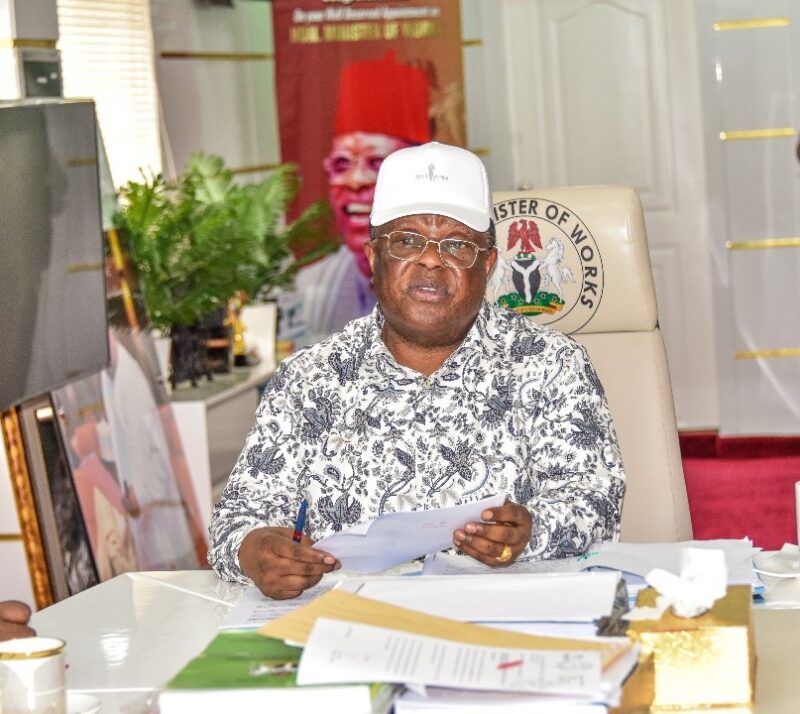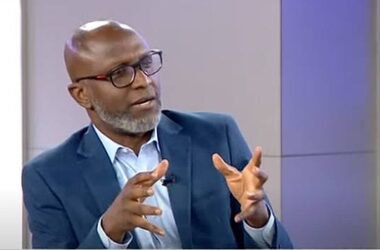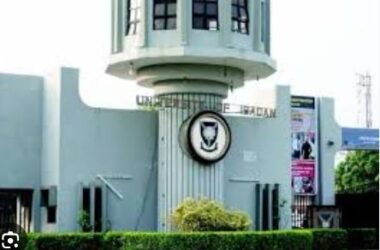The Minister of Works, David Umahi, has announced that the first 30 kilometers of the Lagos-Calabar coastal highway will be completed and inaugurated by President Bola Tinubu in May. Speaking at a stakeholders’ meeting in Lagos, Umahi noted that despite initial setbacks, the project is making significant progress.
Umahi explained that the government had to reroute section one of the highway to avoid large-scale demolitions along the originally planned corridor. He noted that while many buildings along the route were constructed illegally, the government chose a more considerate approach by adjusting the road path rather than demolishing numerous structures.
One of the major challenges faced during the construction was a 10-kilometer stretch of land that had been used as a dumpsite for years, affecting the soil stability. Umahi noted that to address this issue, engineers had to excavate up to 10 meters deep, refill it with sand, and allow the ground to settle properly before construction could continue.
“We had the responsibility of excavating up to 10 meters, and they sand-filled back to existing ground level, and of course, take it up to the design level, and then that needed settlement. So we came together with the contractor and agreed that there should be no immediate work there,” Umahi said.
The minister further stated that after carrying out additional tests, it was confirmed that the soil had stabilized, and construction could now proceed smoothly. He assured that by May, 20 kilometers of the highway from Chennai zero to Chennai 20 would be ready for commissioning, along with another 10 kilometers from Eleko junction towards Chennai 37.
Regarding concerns about property demolitions, Umahi clarified that only one building remains in the highway’s path. Negotiations with the property owner have been finalized, and construction will continue around the structure until an agreement is fully implemented.
“What I directed is that let work continue and stop at his fence, then work will also continue at the other side of his fence, so his house is standing in the middle of the road. So we have discussed, and I believe strongly, that we understood ourselves,” he said.
In addition, Umahi noted that section two of the project will integrate the Lekki Free Zone and pass in front of the Dangote refinery. To facilitate smooth movement of trucks, an 80-meter bridge will be constructed.
Umahi also announced that contracts for section three, covering a total of 65 kilometers, have been awarded, and construction will begin in the coming weeks.
“We have awarded section three, three A in Cross River, three B in Akwa Ibom, and that is a total of 65 kilometers by two. By next week, or upper week, we go there to officially have it flagged off for construction,” he said.
He added that while working on other sections, including those in Ondo, Delta, Port Harcourt, Akwa Ibom, and Bayelsa, the government is trying to minimize costs by redesigning parts of the road to avoid unnecessary bridge construction.
“So we are redesigning, going to the uplands of the corridor, and that is going to eliminate about 90 percent of the bridges. So that will be cost-effective, and then there will be a return on investment. This is what is happening in the Lagos-Calabar coastal highway,” he said.










